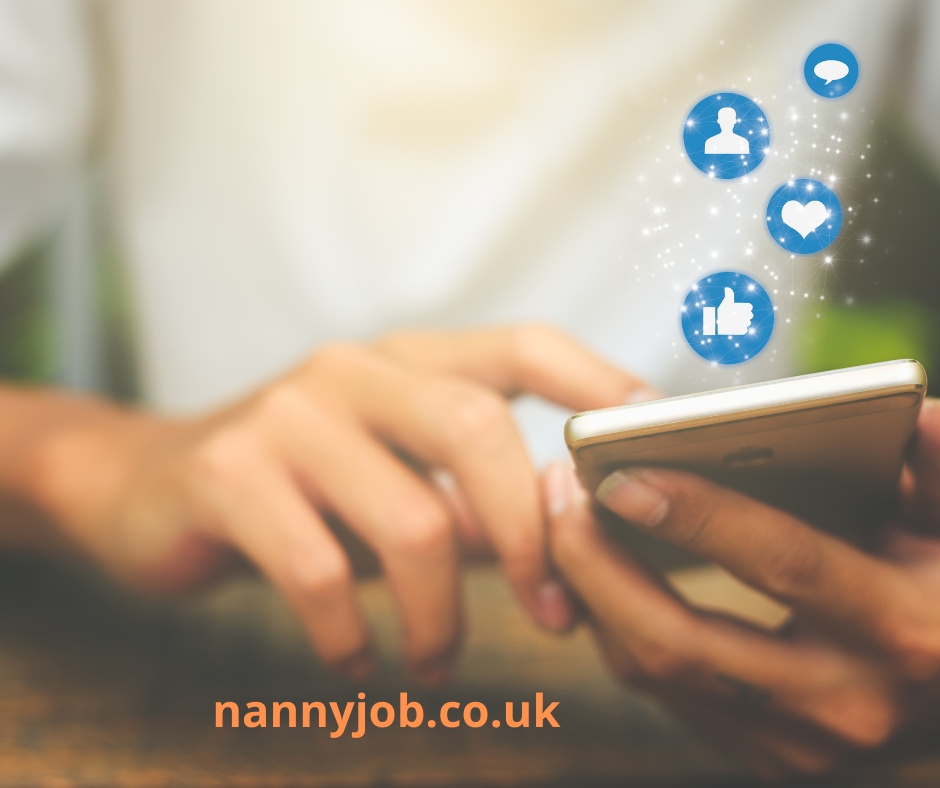 Social media can be a great personal and professional tool. It enables you to keep in touch with family, friends and organisations that you’re interested in (like us!), get ideas and share your own thoughts and ideas with others. But what if you’re sharing more than you think?
Social media can be a great personal and professional tool. It enables you to keep in touch with family, friends and organisations that you’re interested in (like us!), get ideas and share your own thoughts and ideas with others. But what if you’re sharing more than you think?
Privacy and safety aren’t just concerns for high-profile families. Everyone should be aware that sharing information can be detrimental to children’s safety and it’s particularly relevant for nannies, who often have a lot more freedom during the working day to use social media, and may use it to organise spontaneous nanny meet-ups or share photos of day out. But it also means increases the risk of child abduction or images being used inappropriately. Armed with information from social media sites an abductor could identify a child from photos, find out their name, age, places they go and maybe their likes and dislikes, and even pass themselves off as a trusted friend, convincing the child to come with them.
Some parents are happy for pictures and details of their children to be posted on social media sites. As long as the risks have been discussed and everyone has agreed boundaries of what is appropriate this is between the childcarer and the family. Photos and details should never be posted without express permission. If a family are happy for photos to be taken of a child but not happy for them to be shared then childcarers need to make sure any photos with their charges are safe. Agreements about social media should be written into a contract, or provided as a separate policy.
The safest thing to do is avoid putting photos, names and places on social media sites. Once the information has been shared there is nothing to stop someone with access to it sharing it with others.
Keeping children safe isn’t the only consideration. Childcarers with open profiles need to be careful what they say as potential clients and employers could trace comments back to them. Sharing photographs of nights out is also risky, and many nannies refuse to have their employers as friends on Facebook for this reason. A timeline full of tweets complaining about children’s behaviour, while possibly light-hearted, gives a bad impression of a childcarer’s ability and commitment. Employers and agencies can easily search the internet and if they find something which reflects badly on a childcarer it will probably colour their opinion, which may mean losing out on a job.
We’re not saying you shouldn’t use social media at all – we love it! But we are saying be safe, and follow these tips:
– Check your privacy settings
– Think twice before posting comments about your work
– Don’t post photos, names or places on social media sites without verifying the security of the site and gaining permission


